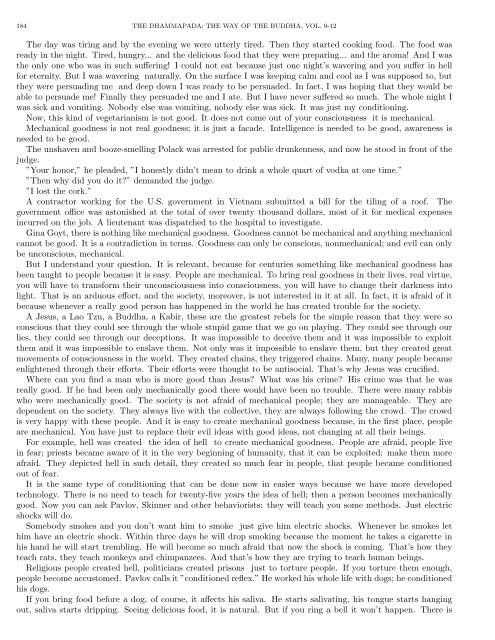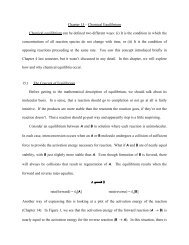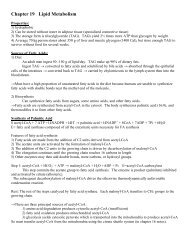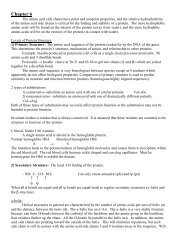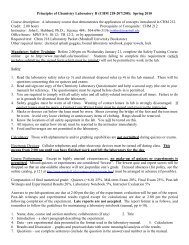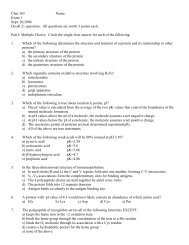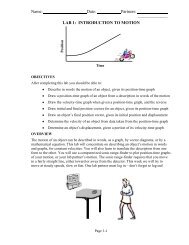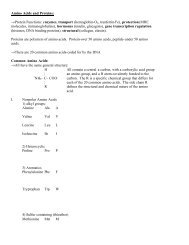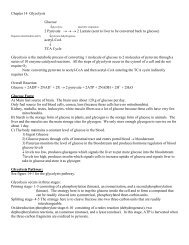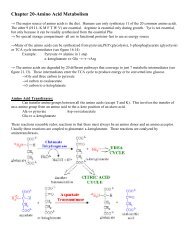THE DHAMMAPADA: THE WAY OF THE BUDDHA, VOL. 9-12 The ...
THE DHAMMAPADA: THE WAY OF THE BUDDHA, VOL. 9-12 The ...
THE DHAMMAPADA: THE WAY OF THE BUDDHA, VOL. 9-12 The ...
Create successful ePaper yourself
Turn your PDF publications into a flip-book with our unique Google optimized e-Paper software.
184 <strong>THE</strong> <strong>DHAMMAPADA</strong>: <strong>THE</strong> <strong>WAY</strong> <strong>OF</strong> <strong>THE</strong> <strong>BUDDHA</strong>, <strong>VOL</strong>. 9-<strong>12</strong><br />
<strong>The</strong> day was tiring and by the evening we were utterly tired. <strong>The</strong>n they started cooking food. <strong>The</strong> food was<br />
ready in the night. Tired, hungry... and the delicious food that they were preparing... and the aroma! And I was<br />
the only one who was in such suffering! I could not eat because just one night’s wavering and you suffer in hell<br />
for eternity. But I was wavering naturally. On the surface I was keeping calm and cool as I was supposed to, but<br />
they were persuading me and deep down I was ready to be persuaded. In fact, I was hoping that they would be<br />
able to persuade me! Finally they persuaded me and I ate. But I have never suffered so much. <strong>The</strong> whole night I<br />
was sick and vomiting. Nobody else was vomiting, nobody else was sick. It was just my conditioning.<br />
Now, this kind of vegetarianism is not good. It does not come out of your consciousness it is mechanical.<br />
Mechanical goodness is not real goodness; it is just a facade. Intelligence is needed to be good, awareness is<br />
needed to be good.<br />
<strong>The</strong> unshaven and booze-smelling Polack was arrested for public drunkenness, and now he stood in front of the<br />
judge.<br />
”Your honor,” he pleaded, ”I honestly didn’t mean to drink a whole quart of vodka at one time.”<br />
”<strong>The</strong>n why did you do it?” demanded the judge.<br />
”I lost the cork.”<br />
A contractor working for the U.S. government in Vietnam submitted a bill for the tiling of a roof. <strong>The</strong><br />
government office was astonished at the total of over twenty thousand dollars, most of it for medical expenses<br />
incurred on the job. A lieutenant was dispatched to the hospital to investigate.<br />
Gina Goyt, there is nothing like mechanical goodness. Goodness cannot be mechanical and anything mechanical<br />
cannot be good. It is a contradiction in terms. Goodness can only be conscious, nonmechanical; and evil can only<br />
be unconscious, mechanical.<br />
But I understand your question. It is relevant, because for centuries something like mechanical goodness has<br />
been taught to people because it is easy. People are mechanical. To bring real goodness in their lives, real virtue,<br />
you will have to transform their unconsciousness into consciousness, you will have to change their darkness into<br />
light. That is an arduous effort, and the society, moreover, is not interested in it at all. In fact, it is afraid of it<br />
because whenever a really good person has happened in the world he has created trouble for the society.<br />
A Jesus, a Lao Tzu, a Buddha, a Kabir, these are the greatest rebels for the simple reason that they were so<br />
conscious that they could see through the whole stupid game that we go on playing. <strong>The</strong>y could see through our<br />
lies, they could see through our deceptions. It was impossible to deceive them and it was impossible to exploit<br />
them and it was impossible to enslave them. Not only was it impossible to enslave them, but they created great<br />
movements of consciousness in the world. <strong>The</strong>y created chains, they triggered chains. Many, many people became<br />
enlightened through their efforts. <strong>The</strong>ir efforts were thought to be antisocial. That’s why Jesus was crucified.<br />
Where can you find a man who is more good than Jesus? What was his crime? His crime was that he was<br />
really good. If he had been only mechanically good there would have been no trouble. <strong>The</strong>re were many rabbis<br />
who were mechanically good. <strong>The</strong> society is not afraid of mechanical people; they are manageable. <strong>The</strong>y are<br />
dependent on the society. <strong>The</strong>y always live with the collective, they are always following the crowd. <strong>The</strong> crowd<br />
is very happy with these people. And it is easy to create mechanical goodness because, in the first place, people<br />
are mechanical. You have just to replace their evil ideas with good ideas, not changing at all their beings.<br />
For example, hell was created the idea of hell to create mechanical goodness. People are afraid, people live<br />
in fear; priests became aware of it in the very beginning of humanity, that it can be exploited: make them more<br />
afraid. <strong>The</strong>y depicted hell in such detail, they created so much fear in people, that people became conditioned<br />
out of fear.<br />
It is the same type of conditioning that can be done now in easier ways because we have more developed<br />
technology. <strong>The</strong>re is no need to teach for twenty-five years the idea of hell; then a person becomes mechanically<br />
good. Now you can ask Pavlov, Skinner and other behaviorists: they will teach you some methods. Just electric<br />
shocks will do.<br />
Somebody smokes and you don’t want him to smoke just give him electric shocks. Whenever he smokes let<br />
him have an electric shock. Within three days he will drop smoking because the moment he takes a cigarette in<br />
his hand he will start trembling. He will become so much afraid that now the shock is coming. That’s how they<br />
teach rats, they teach monkeys and chimpanzees. And that’s how they are trying to teach human beings.<br />
Religious people created hell, politicians created prisons just to torture people. If you torture them enough,<br />
people become accustomed. Pavlov calls it ”conditioned reflex.” He worked his whole life with dogs; he conditioned<br />
his dogs.<br />
If you bring food before a dog, of course, it affects his saliva. He starts salivating, his tongue starts hanging<br />
out, saliva starts dripping. Seeing delicious food, it is natural. But if you ring a bell it won’t happen. <strong>The</strong>re is


